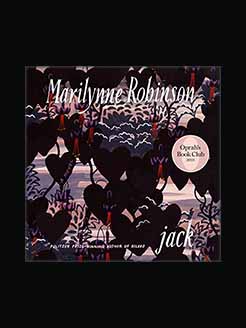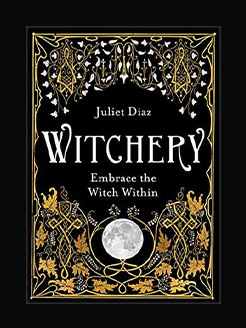Published in 2020
432 pages
Sarah Menkedick‘s debut essay collection Homing Instincts was longlisted for the PEN/ Diamonstein-Spielvogel Award for the Art of the Essay. Her writing has appeared in, among other publications, Harper’s Magazine, The New York Times, The Washington Post, Los Angeles Times, The Guardian, The Kenyon Review, The Paris Review Daily, Guernica, Buzzfeed, Aeon, and Longreads. She holds an MFA in nonfiction from the University of Pittsburgh, where she taught nonfiction writing. She lives in Pittsburgh with her family.
What is this book about?
A groundbreaking exposé and diagnosis of the silent epidemic of fear afflicting new mothers, and a candid, feminist deep dive into the culture, science, history, and psychology of contemporary motherhood
Anxiety among mothers is a growing but largely unrecognized crisis. In the transition to motherhood and the years that follow, countless women suffer from overwhelming feelings of fear, grief, and obsession that do not fit neatly within the outmoded category of “postpartum depression.” These women soon discover that there is precious little support or time for their care, even as expectations about what mothers should do and be continue to rise. Many struggle to distinguish normal worry from crippling madness in a culture in which their anxiety is often ignored, normalized, or, most dangerously, seen as taboo.
Drawing on extensive research, numerous interviews, and the raw particulars of her own experience with anxiety, writer and mother Sarah Menkedick gives us a comprehensive examination of the biology, psychology, history, and societal conditions surrounding the crushing and life-limiting fear that has become the norm for so many. Woven into the stories of women’s lives is an examination of the factors—such as the changing structure of the maternal brain, the ethically problematic ways risk is construed during pregnancy, and the marginalization of motherhood as an identity—that explore how motherhood came to be an experience so dominated by anxiety, and how mothers might reclaim it.
Writing with profound empathy, visceral honesty, and deep understanding, Menkedick makes clear how critically we need to expand our awareness of, compassion for, and care for women’s lives.







